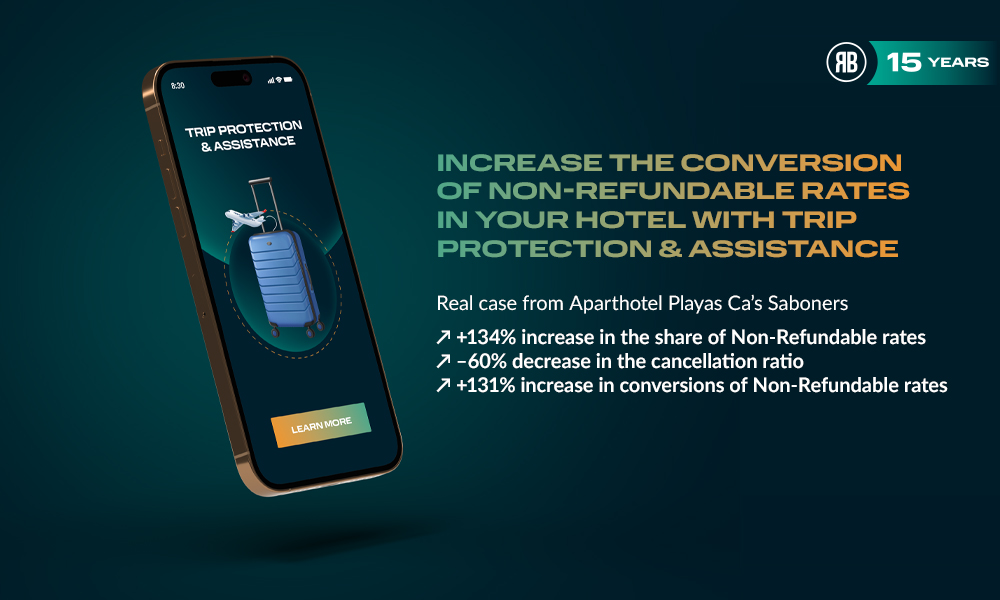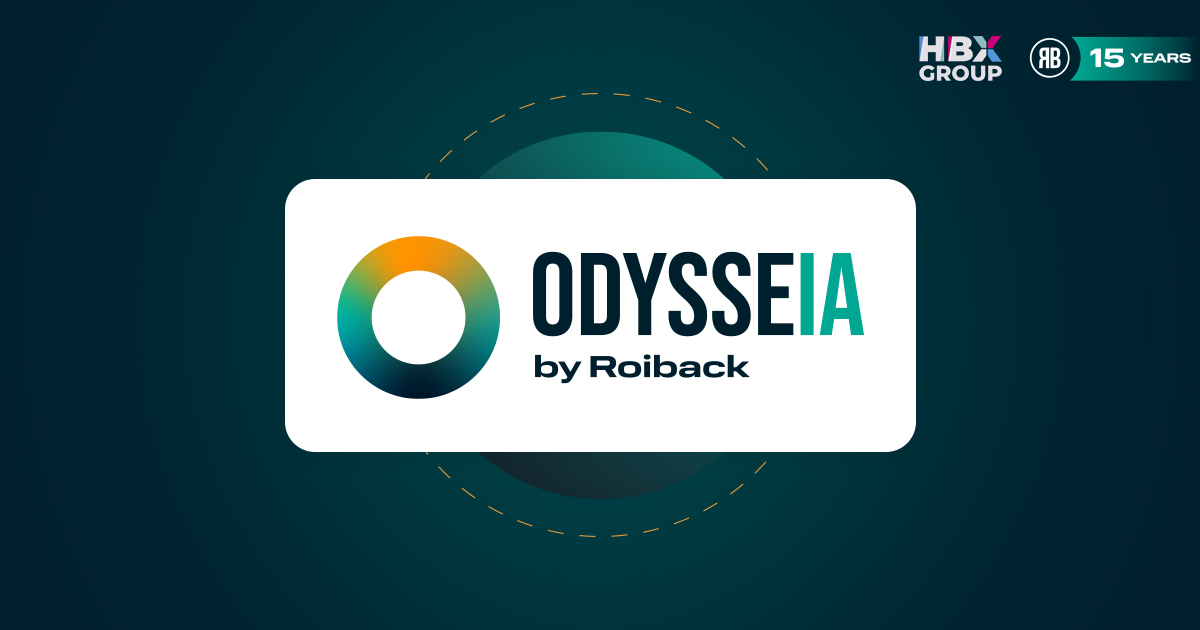Trivago adds the CPA model as a bidding method
News
June 23, 2020

2019 has undoubtedly been the year of Google Hotel Ads, which had already been gaining momentum since 2017.
The growth of Google Hotel Ads, both in invested amount and in revenue, has increased year after year. See graph 1 showing Roiback's hotel revenue from the 3 main Metasearch engines:

In 2020, Google Hotel Ads has shown more moderate growth, stabilizing at 67% of the total share. As travel continues to recover, we anticipate that Google Hotel Ads' share will continue to increase.
To adapt to this trend among chains and hotels, trivago has tried to reinvent itself. Through its CEO, Axel Hefer, trivago has announced that it will begin offering CPA (Cost per Acquisition) as a bidding model.
For those of us who have been with this platform for more than a decade, we know that linking the word CPA to trivago was until now a utopia. Now it seems that they are finally adapting to the demand of hoteliers.
In addition to its well-known CPC model, trivago now offers the CPA model and the Hybrid model.
What is trivago's new CPA model?
The CPA model, which is scheduled to launch shortly, allows hoteliers to bid on a commission or CPA basis instead of cost per click. Commissions will be paid on bookings made, not on stays.
trivago's CPA model will be similar to Google's CPA model, in which hotels pay commissions on all bookings, whether they are canceled or not. At the moment, trivago does not offer the GHACP (Google Hotel Ads Commission Program) model - now called Pay per Stay - in which a commission is only paid if the guest has actually stayed at the hotel.
trivago has not yet provided information on CPA percentages, although everything indicates that the commission level could be defined on a case-by-case basis, depending on a number of hotel variables.
To work with this new model, trivago will require a connection and integration to its conversion API. Hotels will not be able to bid on two different models if they are part of the same POS (Point of Sale).
In addition to the CPA model, there is a Hybrid model, which is a combination of CPC and CPA. This combination can be done at the campaign level and not at the hotel level. That is, within your account you can have hotels in CPC and hotels in CPA.

What other new features has trivago announced?
In addition to the changes in the bidding model, trivago has also opened up to other traffic and revenue generation models:
● Sponsored listings: As Tripadvisor has already done, trivago seeks to monetize the most searched spaces in its search results. You can bid - in a CPC model - for the first positions, where the hotel can show its price exclusively with its logo.

● Display Ads: trivago wants to take advantage of its enormous traffic and is therefore preparing to monetize its page views with Display advertising, as other Metasearch engines already do.
Display ads will help you increase brand awareness, reconnect with post-Covid19 travelers, and reach segmented audiences. The model will be mainly CPM (Cost per thousand impressions).

● Taglines: These are a kind of "sitelinks" or text ads like Google Ads, where hotels can communicate additional information they want to highlight.
Its main advantage is to improve the CTR (click thru rate). It is not yet clear what the bidding model will be, but we understand that it will be based on a CPC.
The system will allow you to create text ads, which trivago will translate into all languages, coordinated by an account manager.
Slogans are still in the testing period and there is no fixed date for their launch.

Finally, trivago has added 3 more functionalities that hotels can use to optimize their strategies:
● Exclusive rates for mobiles: Special rates for mobile devices.

● Rewards Rates or Member Rates: Special rates for users "logged in" to trivago.

● Flash Rates: Special rates for specific dates.

In summary:
Trivago has lost a lot of market share in the last 3 years and has seriously jeopardized its business model. Even so, it still has financial muscle, brand recognition and robust and reliable technology. They have decided to move forward to recover lost ground.
It is good news that other metasearch engines are adapting to the real needs of hoteliers.
Let's hope that this is not the last of the new and interesting developments that will allow hoteliers to generate more sales and increase the profitability of their campaigns.
Read more







